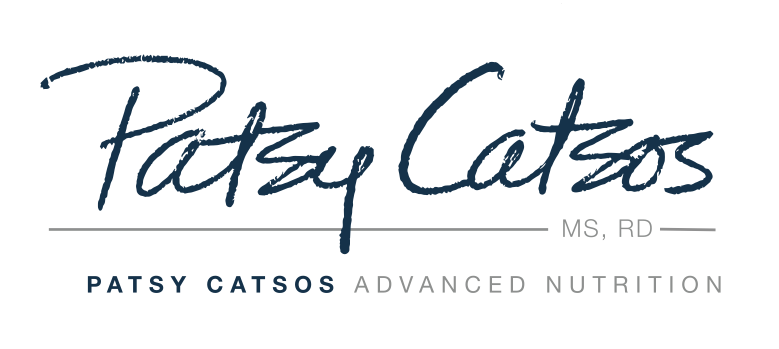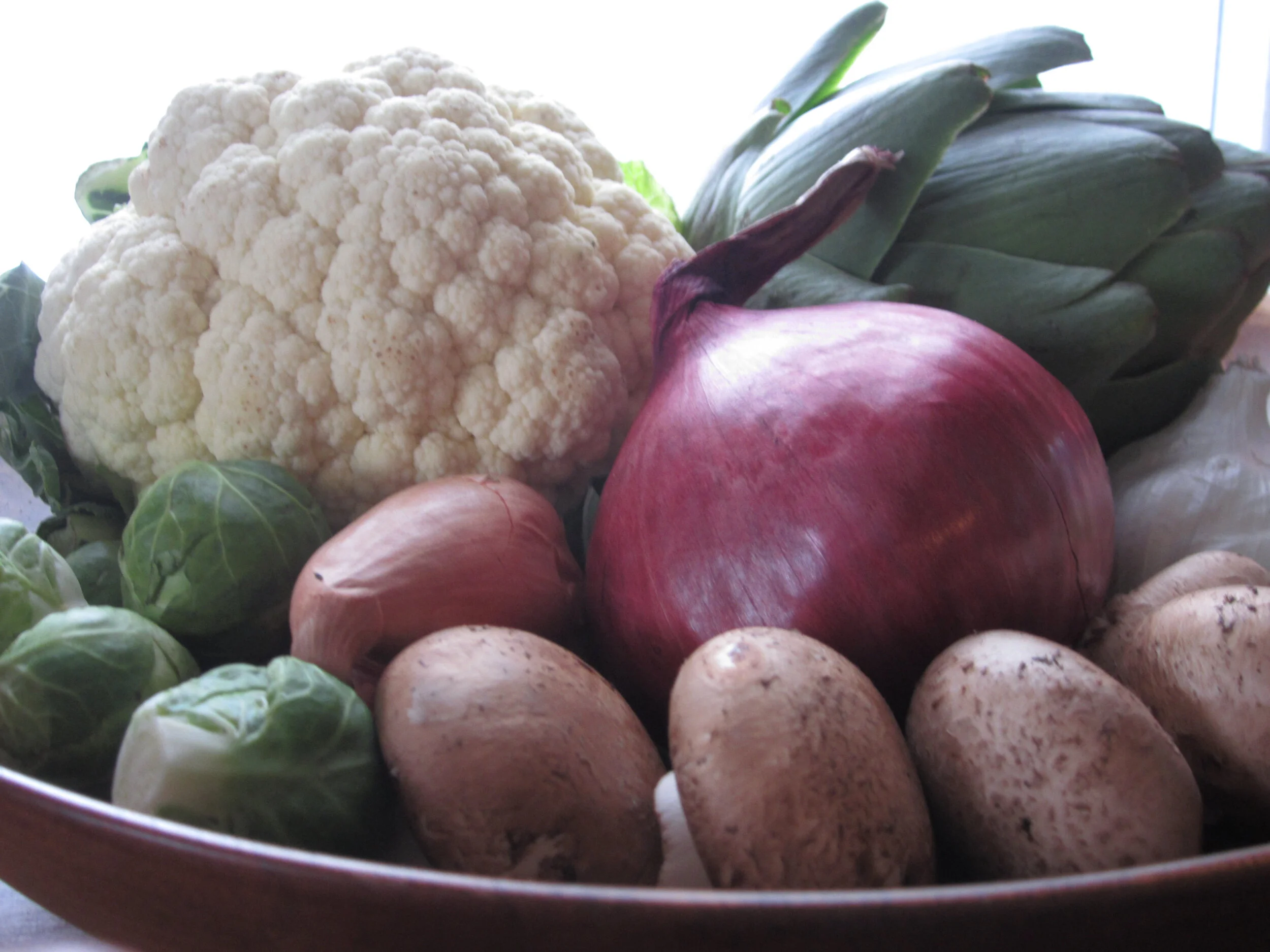I’ve read that people on low-FODMAP diets should not use sucralose. But in your book, sucralose is listed as a low FODMAP ingredient. Can you clarify?
Is It Possible to Reintegrate Problem High-FODMAP Foods?
Q. I’ve been on the low-FODMAP diet for at least 7 years. I’ve consulted 3 doctors and one nutritionist, and no one has been able to enlighten me as to whether it’s possible to reintegrate the problem foods. You seem to say that it is possible. Can you kindly elaborate on how one does this? If there’s a way to condition my body to accept higher-FODMAP foods I would love to know about it.
Short Answer: For most people with IBS, it’s possible (and recommended) to at least partially reintegrate some high-FODMAP foods. Which foods (and how much) you will be able to reintegrate is revealed through careful observation during the reintroduction phase of the diet program. The reintroduction process is less about conditioning your body to accept high-FODMAP foods, and more about learning what your limits are. Being able to eat an overall high-FODMAP diet in the future is not one of the expected outcomes of the FODMAP elimination and reintroduction process.
Can IBS Be Cured?
Q. Can IBS be cured? I’ve read that many people who have IBS actually have small intestinal bacterial overgrowth, and that can be cured with a course of antibiotics. Do you think that is true? Do patients ever recover from IBS or is it pretty much for life once it develops?
A. The short answer is that classic irritable bowel syndrome (IBS) is said to be "managed" but not cured. In practice, it it more nuanced than that, and some people who are diagnosed with IBS may, in fact, largely recover.
What is Classic IBS?
What do I mean by "classic" IBS? IBS has been referred to in the past as a functional disorder, meaning that the gastrointestinal tract does not function properly even though there does not appear to be a medical reason for that. So by definition, if there were a curable medical problem responsible for symptoms, it wouldn't be IBS. More recently IBS is referred to as a disorder of gut brain interaction (DGBI). This newer label emphasizes the role of the nervous system and gut psychology in the disorder. A IBS diagnosis of IBS can be made when the patient has recurring abdominal pain, diarrhea, constipation, or alternating bowel habits, at least one day a week over a three month period of time. If the patient has any "alarm symptoms" like rectal bleeding or abnormal labs, they need to be evaluated before the IBS diagnosis can be made.
IBS symptoms overlap with those of other conditions
It has become apparent that many people who meet these criteria for IBS may have conditions which can in fact be treated, or which may pass over time. Whether we should think of these other conditions as separate diagnoses or just subsets of IBS is open to debate.
Small Intestinal Bacterial Overgrowth (SIBO)
Small intestinal bacterial overgrowth (SIBO) is a case in point. A subset of people with irritable bowel syndrome have SIBO. The percentage of IBS patients with SIBO ranges from 15 to 36%, depending on the diagnostic methods used. Groups of patients with IBS are about five times more likely to have SIBO than groups of healthy people.
In SIBO, some of the microbes which are normally and largely present in the colon are over-proliferating in the small intestines, where they don't belong in such numbers. To your questions, yes, some cases of SIBO can be successfully treated with a course of antibiotics. In fact, practice guidelines from the American College of Gastroenterology suggest that rifaximin, an antibiotic, be used to treat IBS with diarrhea, even without a SIBO diagnosis. In other cases, there is little or no response to antibiotic treatment, or the treatment effect is temporary. Our understanding of SIBO is in its infancy and there is ongoing debate about how to diagnose and treat SIBO. It’s usually impossible to find the “underlying condition” that so many blogs and websites talk about and sell tests for. Hopefully over time more and more patients with SIBO as a component of their IBS will be able to consider themselves cured.
Post-Infectious IBS
Can IBS be cured or healed? The glass is half full for patients with post-infectious IBS. Experts think that half of these patients will see their symptoms resolve within 5 years.
Another subset of patients with more potential to recover than other IBS patients are those with post-infectious IBS. Post-infectious IBS usually has a sudden onset, after a bout of gastroenteritis. The gastroenteritis may have been viral, bacterial, protozoal, parasitic. Contagious diseases, food poisoning and water contamination are common culprits. People don't always recognize the connection between their IBS and gastroenteritis because there can be a delay of weeks or months before the IBS symptoms become apparent. On the other hand, some patients can describe how everyone in their party got sick, but unlike others, they never recovered.
To be honest, whether or not you can trace the onset of your IBS back to an infection doesn’t change the way it is managed. But it does provide a glimpse of what you might be able look forward to in the future. While some people with post-infectious IBS will have to manage it for life, experts currently say that about half of patients with post-infectious IBS will get better within 5 years.
FODMAP diets for SIBO and Post-Infectious IBS
Low FODMAP diets are effective for IBS patients with all kinds of GI symptoms. This was true years before we knew how many of these IBS patients might have SIBO or post-infectious IBS. Therefore, I do use low FODMAP diet for appropriate patients, though there has not been direct study on low-FODMAP diets for these conditions. I prefer it to the equally unproven and more restrictive SIBO diets that are in use, which tend to result in under-eating and increase the risk of poor nutrient intake. Along with my patients and colleagues, I look forward learning more about how low FODMAP diets can help patients affected by SIBO and post-infectious IBS.
Reference:
Lacy, B. E., Pimentel, M., Brenner, D. M., Chey, W. D., Keefer, L. A., Long, M. D. Moshiree, B. (2021). ACG Clinical Guideline : Management of Irritable Bowel Syndrome. American Journal of Gastroenterology, 116(1), 14–24.
Shah, A., Talley, N. J, Fahms, F. (2020). Small Intestinal Bacterial Overgrowth in Irritable Bowel Syndrome : A Systematic Review and Meta-Analysis of Case-Control Studies. American Journal of Gastroenterology, 115 (February), 190–201.</div>
Klem F, Wadhwa A, Prokop LJ, et al. Prevalence, Risk Factors, and Outcomes of Irritable Bowel Syndrome After Infectious Enteritis: A Systematic Review and Meta-analysis. Gastroenterology. 2017;152(5):1042-1054.
Originally published October 21, 2022. Minor revisions on 1/12/2024.








